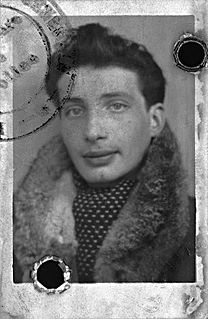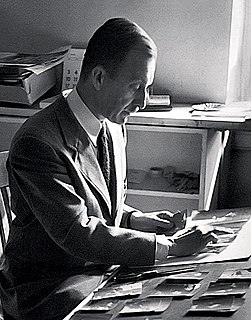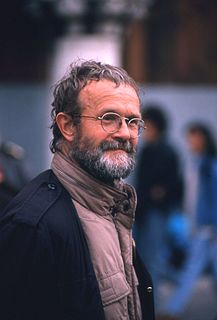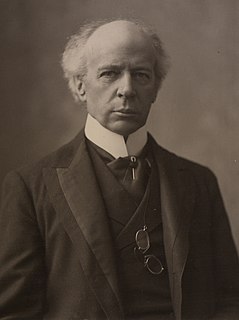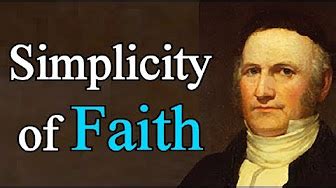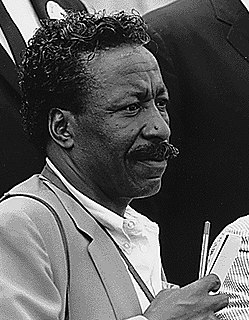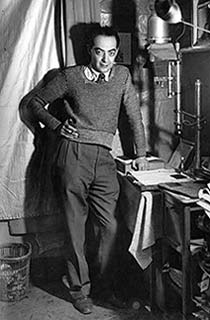A Quote by Berenice Abbott
I think the important decision for a photographer is to choose a subject that intensely interests him or her.
Related Quotes
A photographer is a witness. He has a moral duty. Every picture must be true and honest. I believe a photographer's strength is his ability to accurately record reality. There are photographers who think they are lucky if they find unusual or special subject. But it is never the subject that is so marvelous. It is how alive and real the photographer can make it.
I think you reveal yourself by what you choose to photograph, but I prefer photographs that tell more about the subject. There's nothing much interesting to tell about me; what's interesting is the person I'm photographing, and that's what I try to show. [...] I think each photographer has a point of view and a way of looking at the world... that has to do with your subject matter and how you choose to present it. What's interesting is letting people tell you about themselves in the picture.
The personality and style of a photographer usually limits the type of subject with which he deals best. For example Cartier-Bresson is very interested in people and in travel; these things plus his precise feeling for geometrical relationships determine the type of pictures he takes best. What is of value is that a particular photographer sees the subject differently. A good picture must be a completely individual expression which intrigues the viewer and forces him to think.
The Chinese have a theory that you pass through boredom into fascination and I think it's true. I would never choose a subject for what it means to me or what I think about it. You've just got to choose a subject - and what you feel about it, what it means, begins to unfold if you just plain choose a subject and do it enough.
Everything he'd done with regard to her in the last three years had been calculated to foreclose the intensely personal sort of talks they'd had when he was younger: to get her to shut up, to train her to contain herself, to make her stop pestering him with her overfull heart and her uncensored self. And now that the training was complete and she was obediently trivial with him, he felt bereft of her and wanted to undo it.
The photographer discovers himself/herself being photographed and we can guess he is uncomfortable. Unsuccessfully he/she tries to recompose his posture and to look like a photographer taking photos. But no, he is and continues to be a spectator. The momentous fact of being photographed leads him to becoming an actor. And, as always, actors must assume a role, which is only an elegant way of avoiding to say they must choose sides, choose a faction, take an option.
If you want to get an interesting perspective do not think of Hugh as a traditional 20th century physicist but more of a Renaissance man with interests and skills in many different areas. He was smart and lots of things interested him and he brought the same general conceptual methodology to solve them. The subject matter was not so important as the solution ideas.

